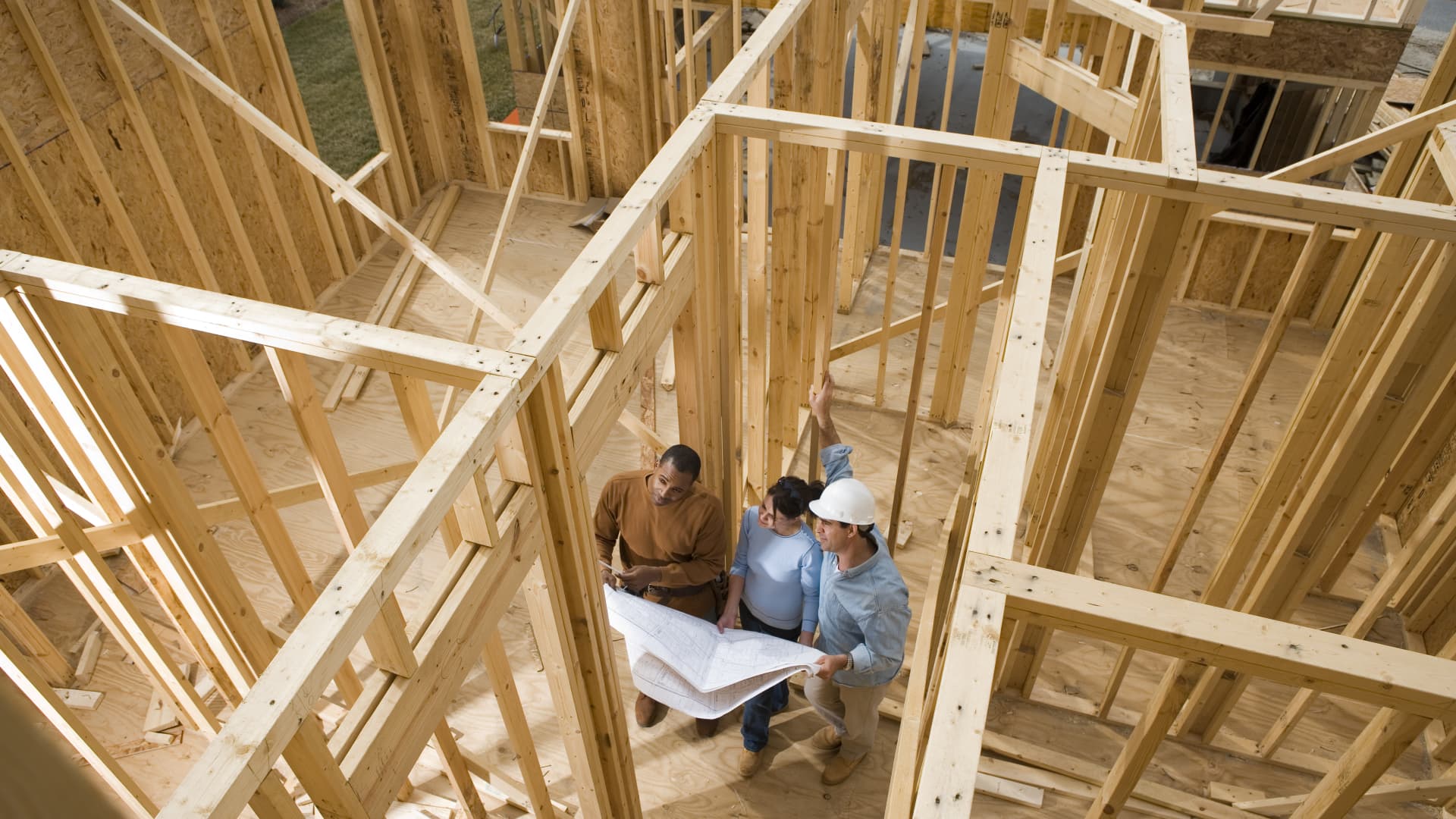It’s not unusual for new homeowners to face financial surprises, but people buying a newly built home may be more likely to encounter sticker shock on a key expense.
Almost 75% of recent homebuyers had regrets about their purchase, according to a 2023 survey from Real Estate Witch. Property taxes were the most common gripe, surprising 33% of new owners.
With new builds, property taxes can change dramatically after purchase because initial rates are often based on estimates. That can be jarring for homeowners who already stretched their budgets to afford a home in the current market.
Newly-built homes are comprising 30% of the current market, up from the typical 10% to 20%, according to a recent report by the National Association of Realtors. As more buyers turn to builders, potential owners need to be aware of how costs might increase after even just a year, experts say.
“Buyers need to understand that real estate taxes … are not static. They can change on an annual basis,” said Melissa Cohn, regional vice president at William Raveis Mortgage. “People don’t really have any control.”
Why property taxes can jump for new builds
When lenders are qualifying someone for a home purchase, they factor in the principal, the interest payment on the mortgage, homeowner’s insurance and property taxes.
But unlike previously owned homes, new builds lack a tax bill because there’s no house to assess yet, experts say. Instead, mortgage lenders will often use an older tax rate from the area or an estimated tax rate to calculate the owner’s monthly payment.
The calculation is going to vary by lender, said Brian Nevins, a sales manager at Bay Equity, a Redfin-owned mortgage lender. Some take 1% to 2% of the sales price of the home for the property taxes, others might multiply the 1% to 2% of the sales price by the local tax rates.
Initially, the homeowner will typically pay the estimated property tax rate into escrow. Depending on the local tax assessment cycle, the county office will eventually assess the value of the new house to determine the actual property tax rate.
“All counties reassess a property’s taxes, it depends on when,” Cohn said.
While some places may differ on the frequency, “if it’s new construction, they always reassess,” she explained.
And at that point, if the homeowner has an escrow account, they may learn they have a shortage, meaning they owe more property taxes than expected. If the homeowner cannot pay the owed taxes in a lump sum, the lender usually pays what’s owed and the owner will pay back the lender through a higher monthly mortgage payment.
In that case, the owner pays back the lender through an increased mortgage payment to make up for the difference.
Tricks to gauge how property tax may change
“People who buy today with the assumption that they qualify based on the current real estate taxes or current insurance need to really do more homework to understand where they could really be in a year,” Cohn said.
If you’re looking to buy in an area you’re unfamiliar with, find out how often the county reassesses property taxes and what the reassessment formula is based on, Cohn said.
Additionally, you may want to consult with a local loan officer who understands the landscape of the area you’re buying into, Nevin said.
If some newly built homes in your neighborhood with similar square footage have been around for a year, you could check the property address on a real estate site and get a ballpark estimate of what your taxes might be, said Veronica Fuentes, a certified financial planner at Northwestern Mutual.
However, tread with caution: When you look at real estate taxes listed online, those are the taxes the current owner pays, not what you will pay, Cohn said.
